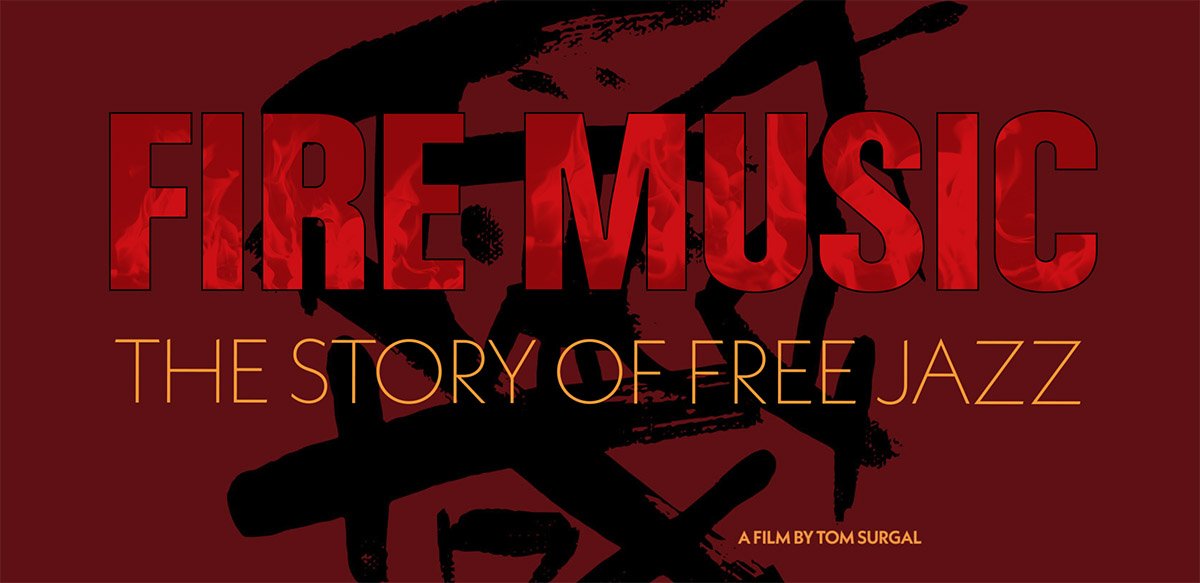Stickandbrush
Active Member
This is the space I play in most of the time. This is a great comment .. especially the last statement ..
”But in the context of 'free' playing, you have both melodic, dynamic and texture approaches at your disposal but more importantly, you have ears and foresight....and other instrument can certainly approach rhythmic roles without drums. And in particular for drummers in an improv setting, they often have conductive influence in direction...but this only really works if you have other musicians in a listening mind-space otherwise is really is just noise....that 'fine line between stupid and clever'”
free playing is wonderful but there are “ rules “ otherwise it’s just crap.
Paul Motian was a master at this type of work and ironically hated by many for his work with Bill Evans.
it’s very freeing to be able to play what is needed with a group of like minded players knowing that everyone has a responsibility for keeping the music moving forward.
as Monk said “ just because your not the drummer it doesn’t mean you don’t have to keep time “
”But in the context of 'free' playing, you have both melodic, dynamic and texture approaches at your disposal but more importantly, you have ears and foresight....and other instrument can certainly approach rhythmic roles without drums. And in particular for drummers in an improv setting, they often have conductive influence in direction...but this only really works if you have other musicians in a listening mind-space otherwise is really is just noise....that 'fine line between stupid and clever'”
free playing is wonderful but there are “ rules “ otherwise it’s just crap.
Paul Motian was a master at this type of work and ironically hated by many for his work with Bill Evans.
it’s very freeing to be able to play what is needed with a group of like minded players knowing that everyone has a responsibility for keeping the music moving forward.
as Monk said “ just because your not the drummer it doesn’t mean you don’t have to keep time “


